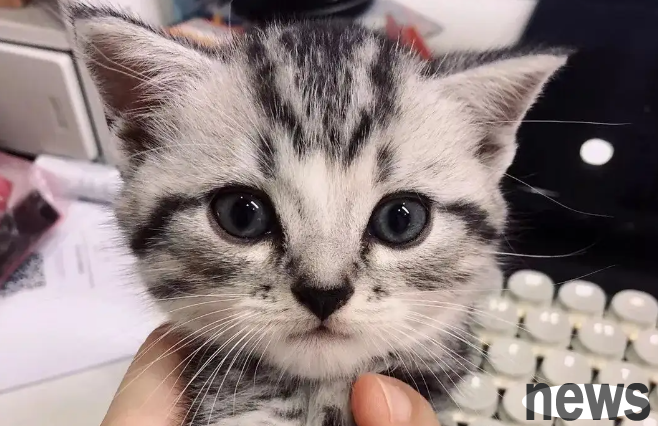Cats' dietary rules are affected by a variety of factors, including their age, weight, health status and activity level. Generally speaking, the following are the general dietary rules of cats:
Cats are carnivorous animals and require high-protein foods to maintain health, so cats' diet should include high-quality animal protein, such as meat, fish or poultry.

Cats need to get enough water in their daily diet, so they should provide sufficient fresh water, or choose wet foods with high moisture content.
Cats need to control their diet according to their age and weight to avoid overeating and obesity. Generally speaking, it is recommended to feed cat food as directed on the package, or consult a veterinarian to get personalized feeding advice.
Cats need to eat at a fixed time and place to help them establish regular eating habits. The eating time and frequency can be adjusted appropriately according to the cat's activity level and health status. In short, cats should follow scientific dietary principles based on their age, weight, health status and activity level, and regularly consult a veterinarian to obtain personalized feeding advice.
